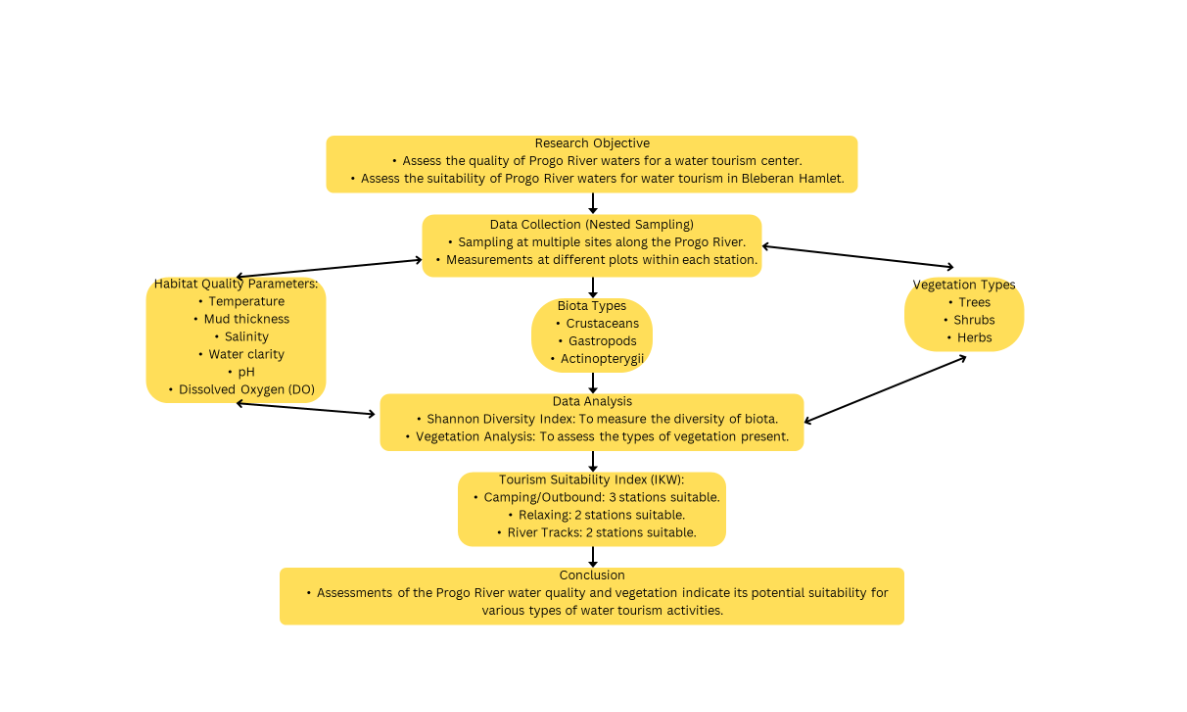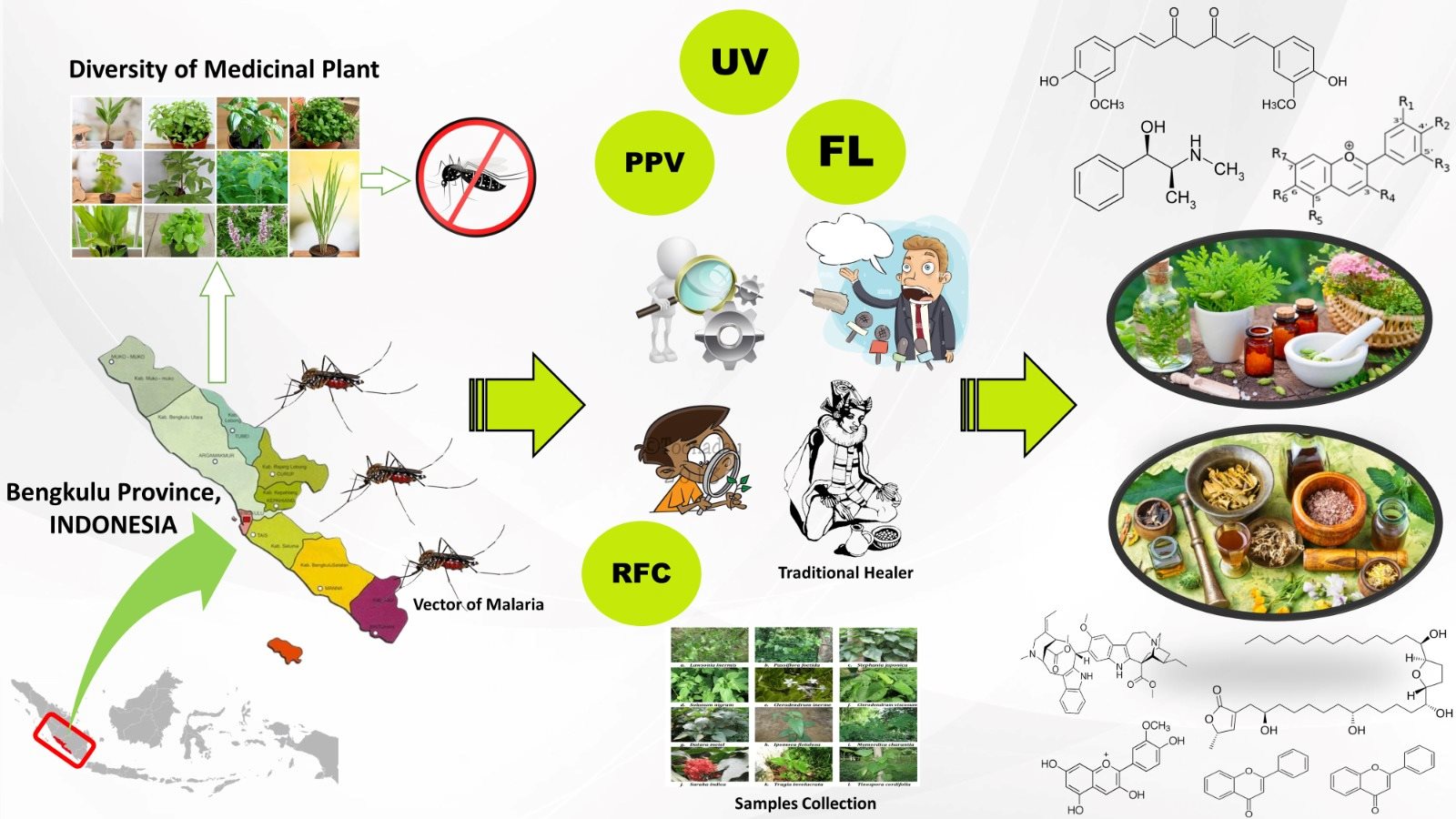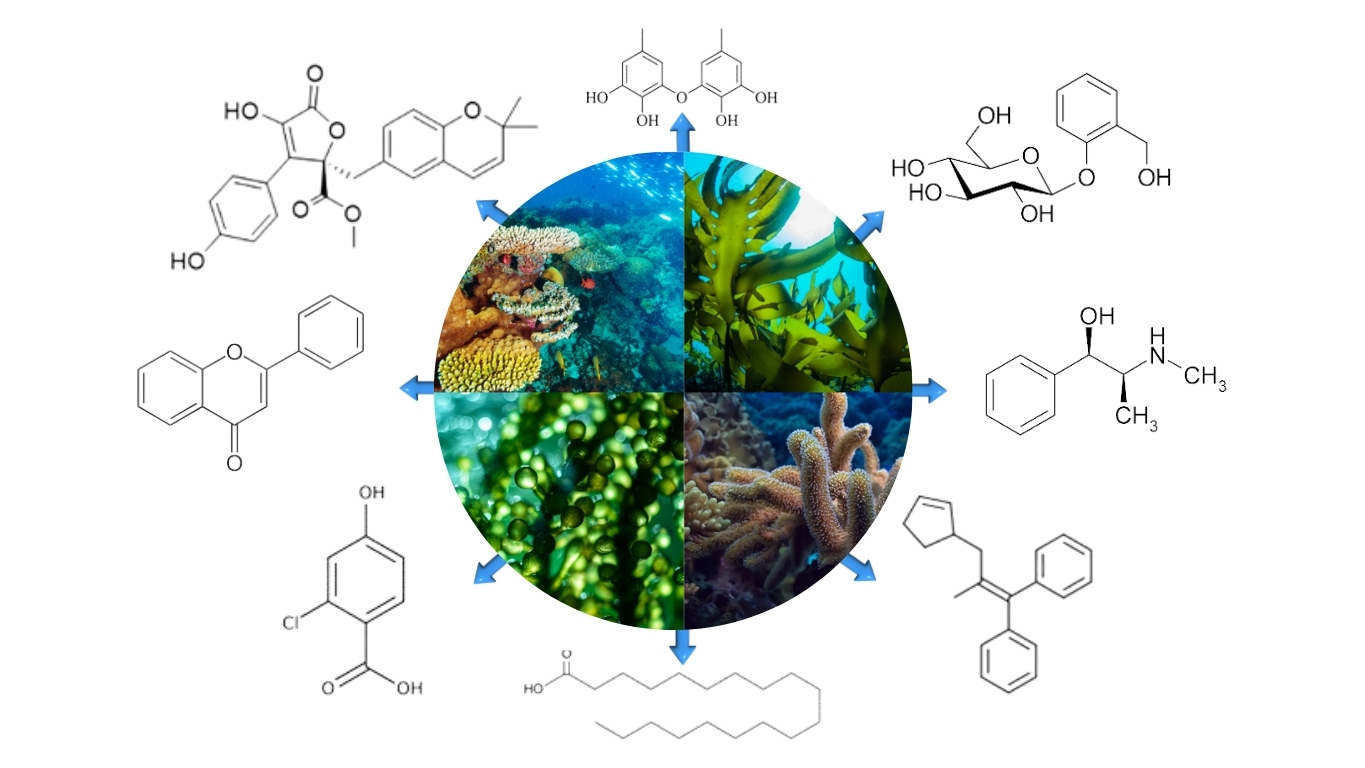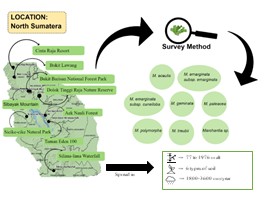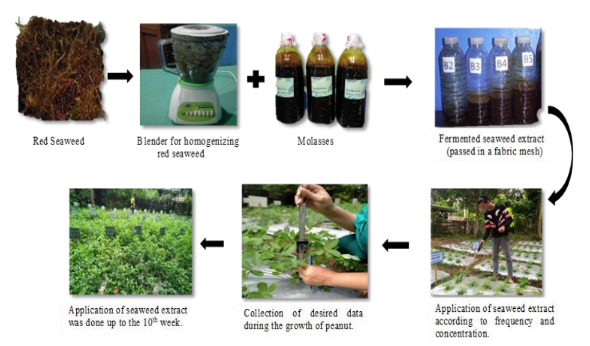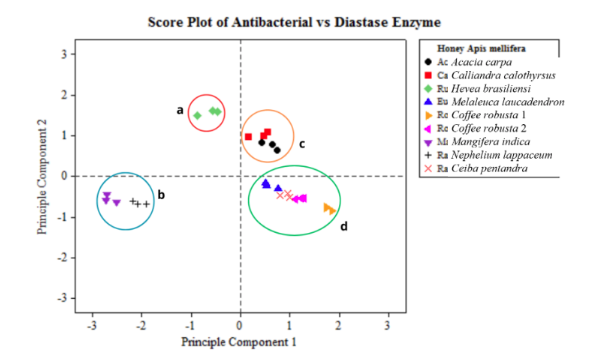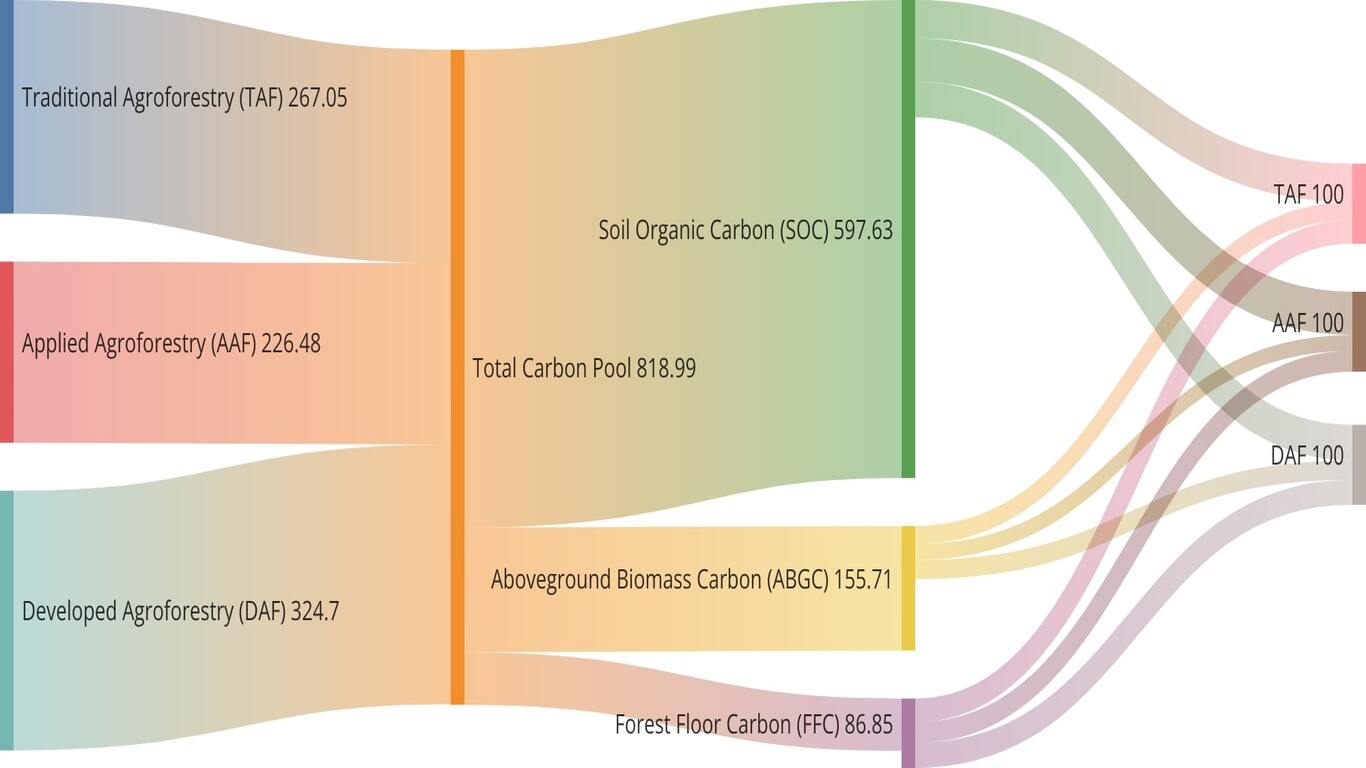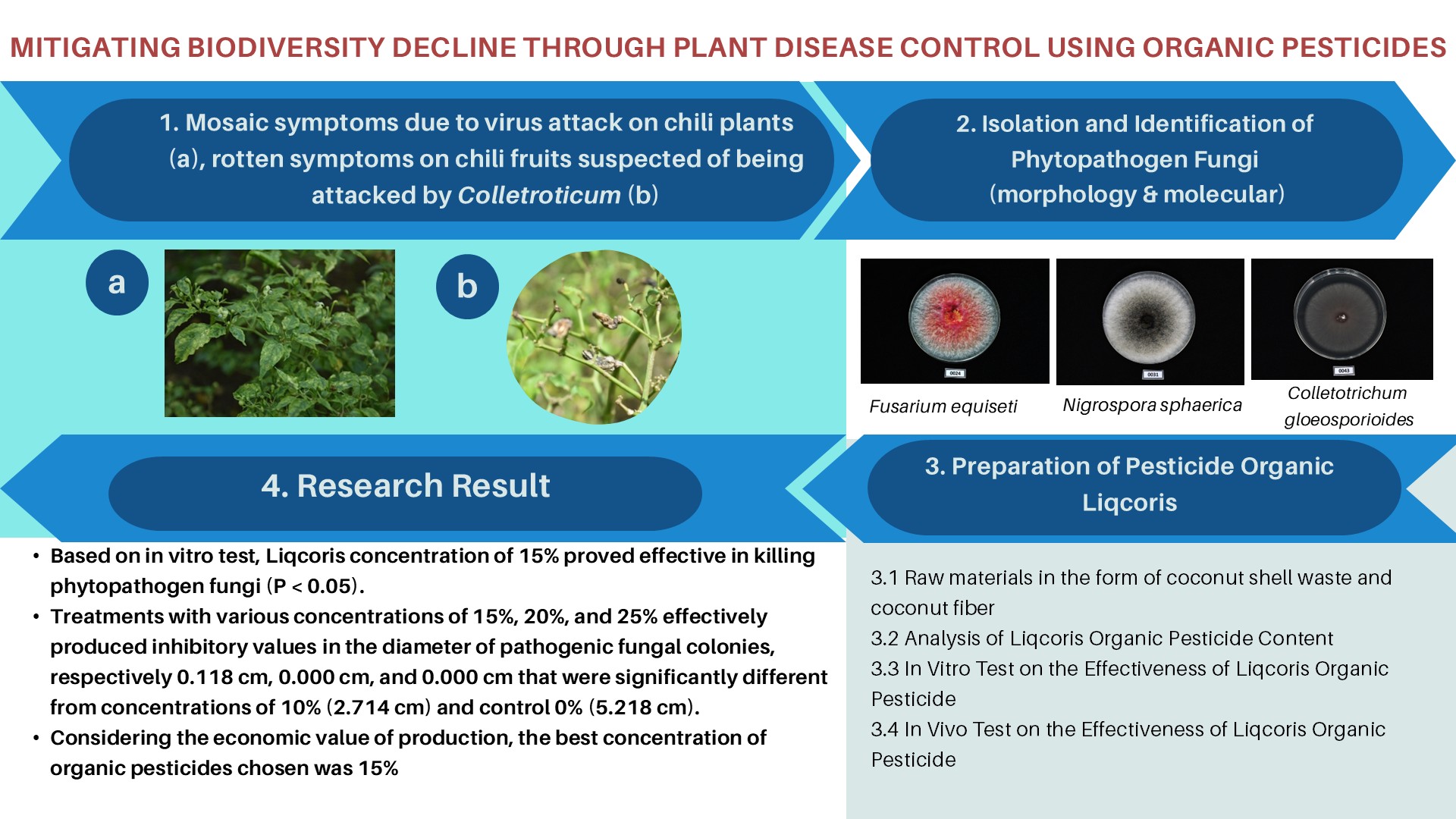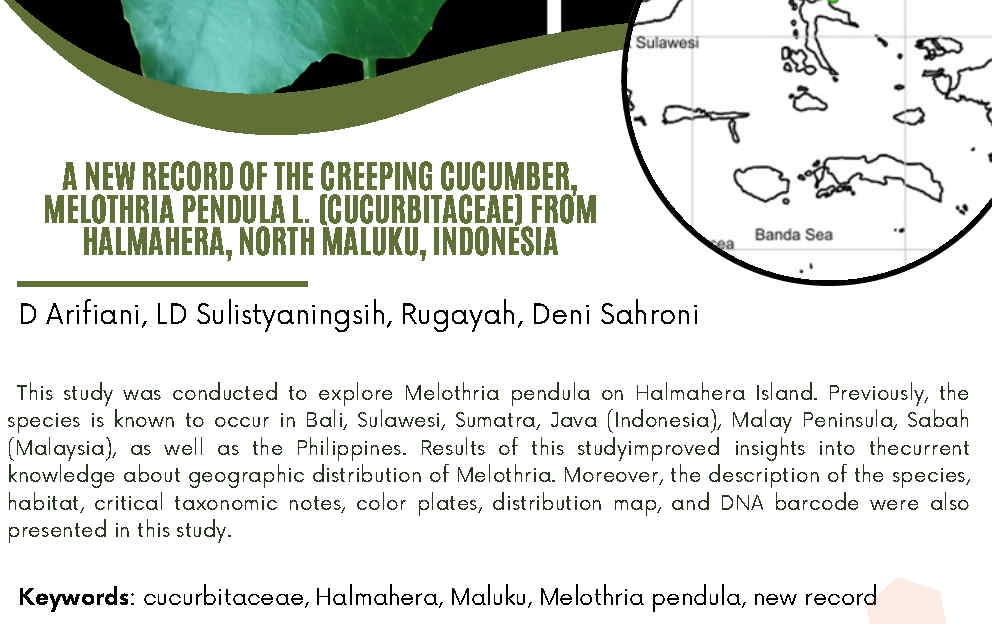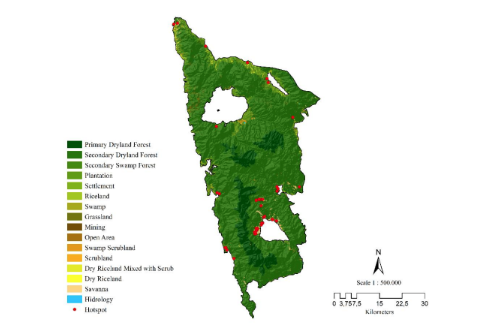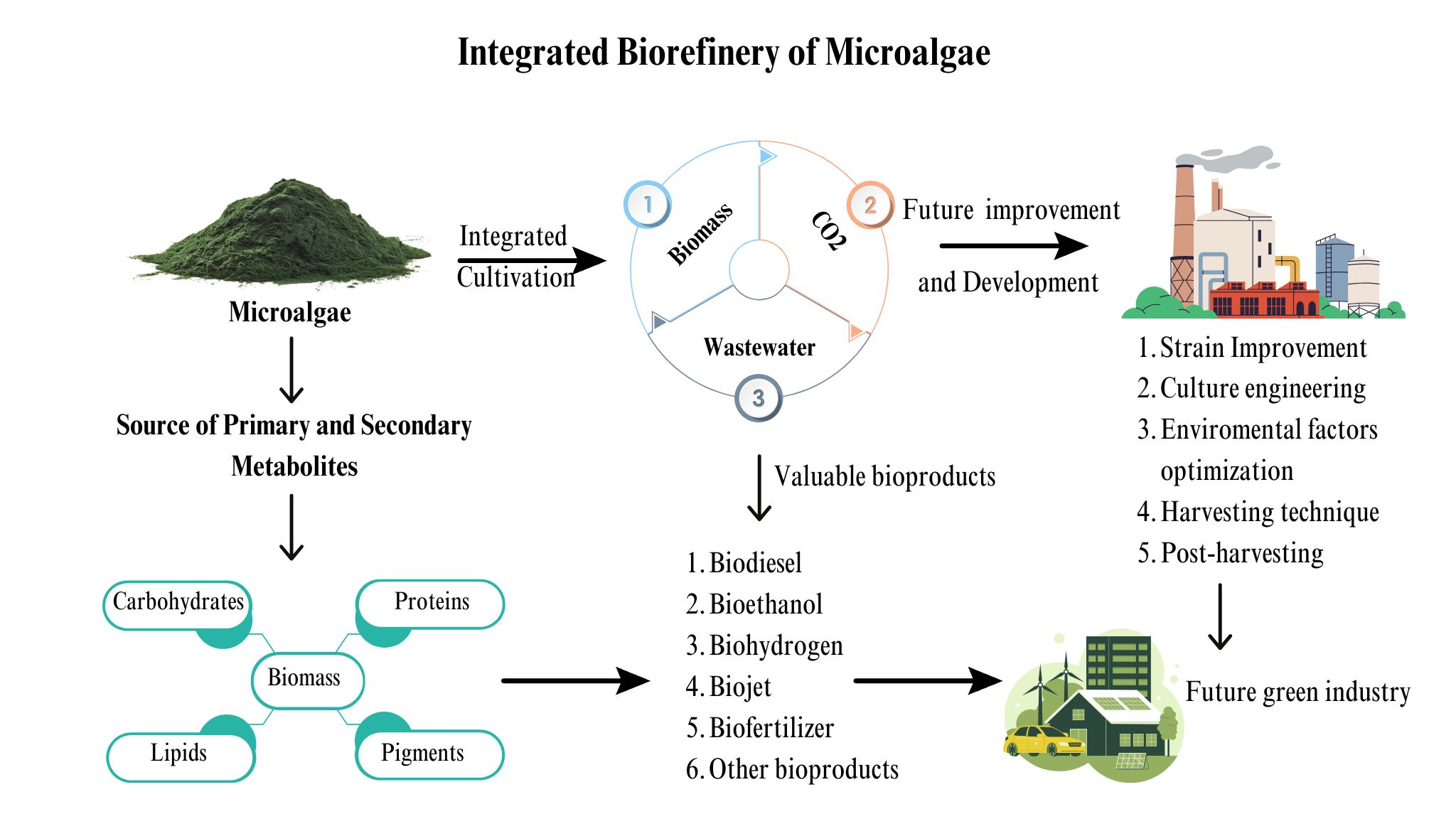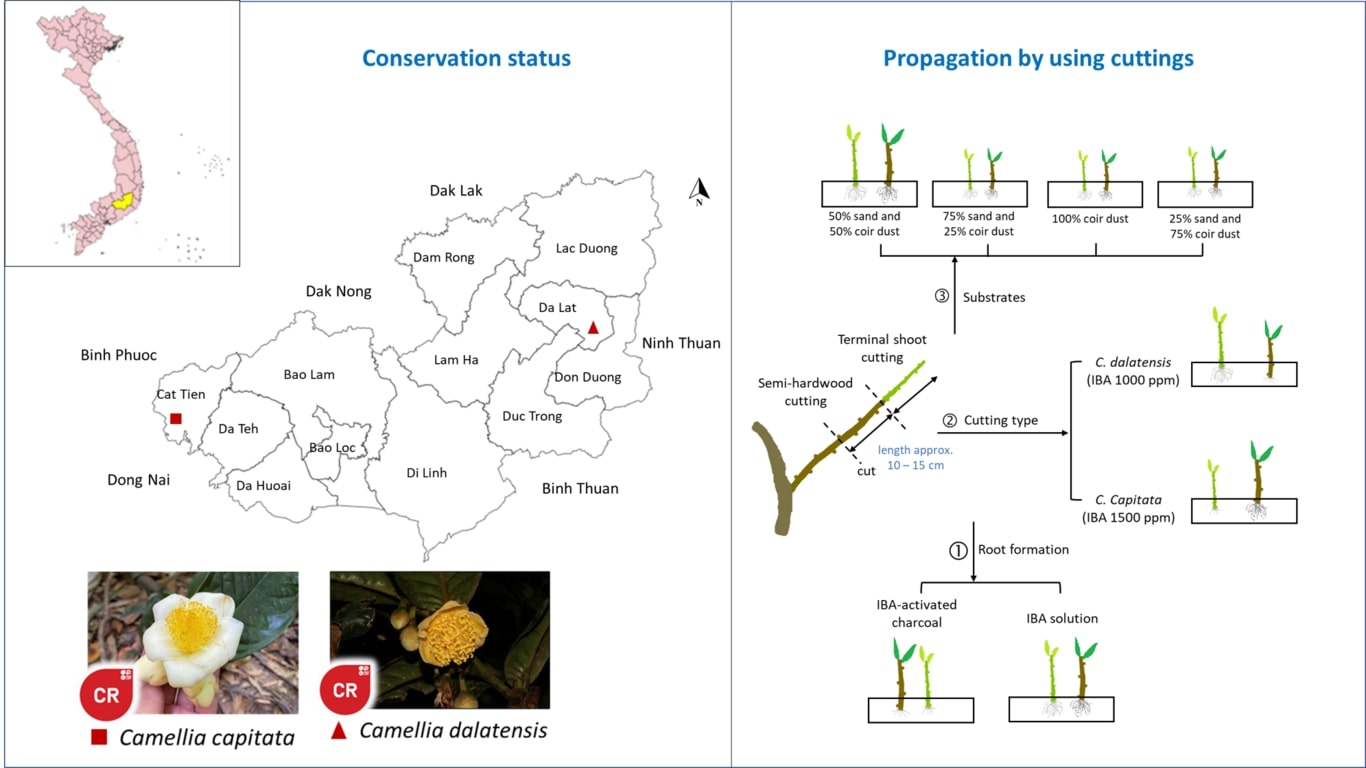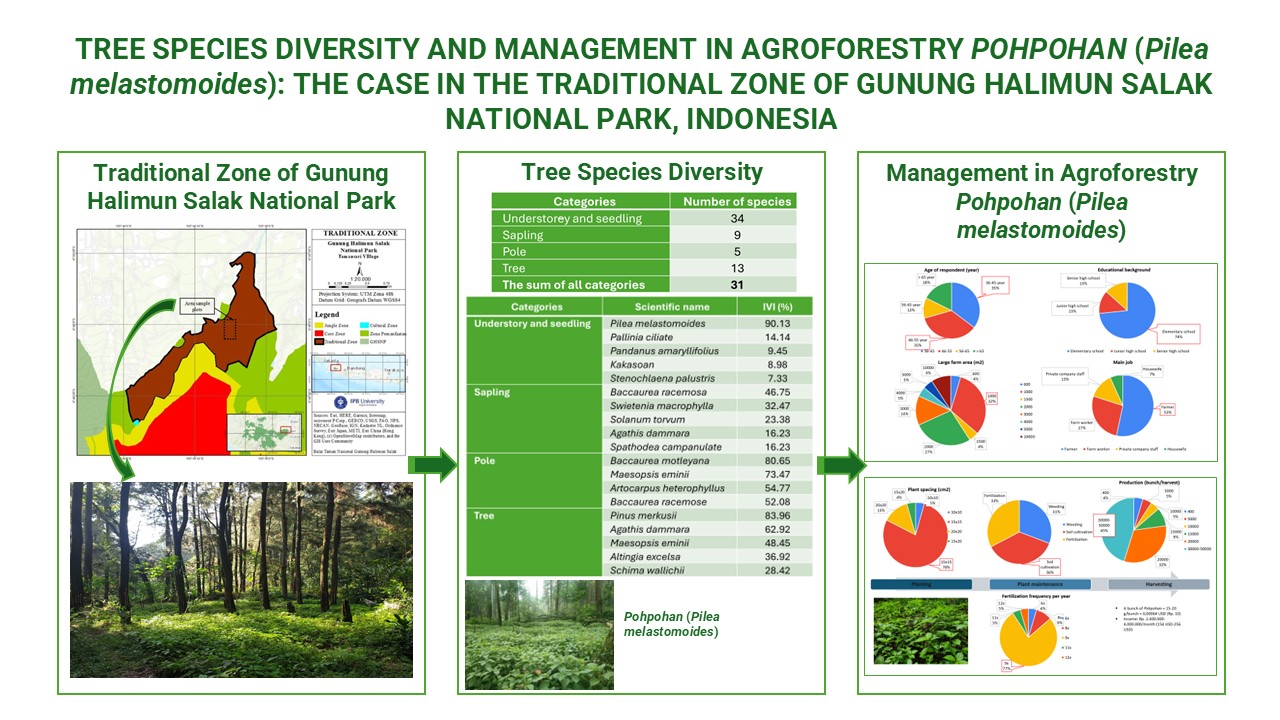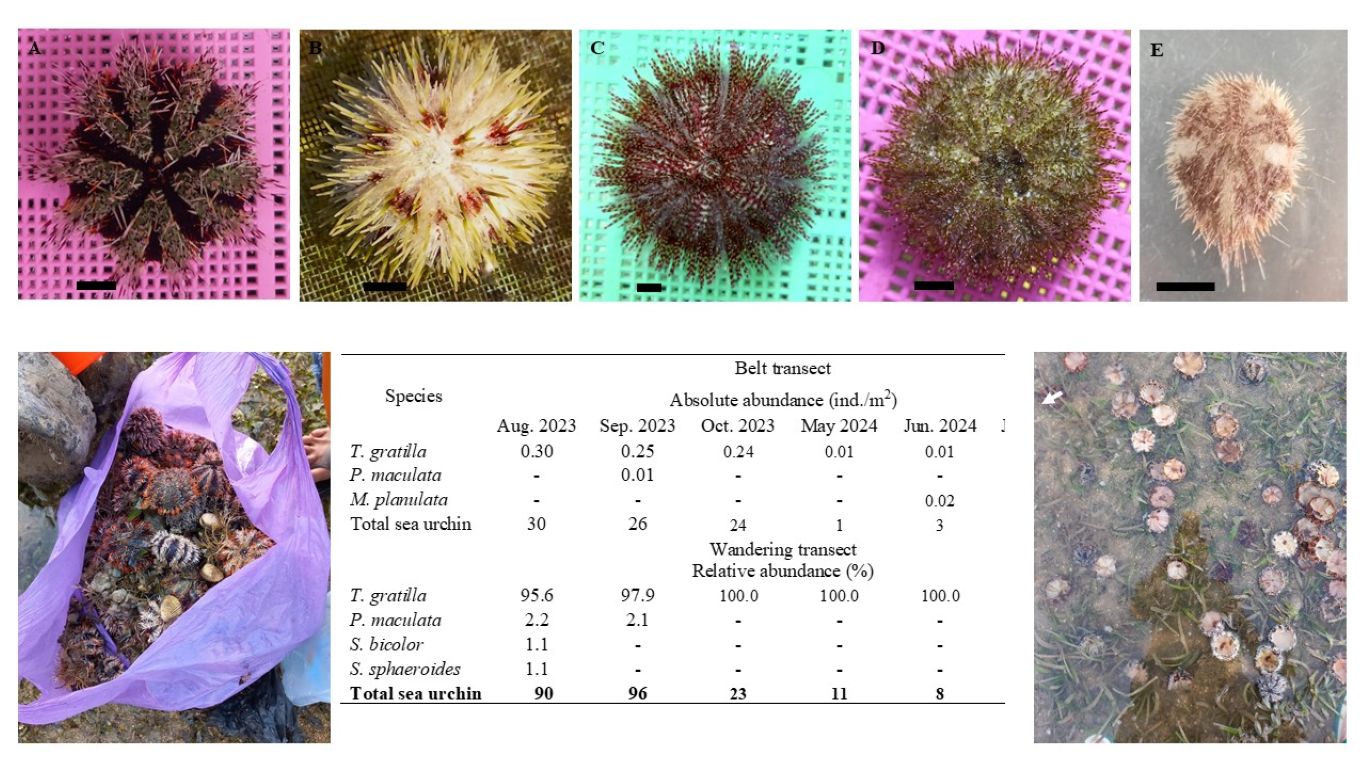INFLUENCE OF WATER STRESS AND PLANT AGE ON THE YIELD AND CHEMICAL COMPOSITION OF ESSENTIAL OIL FROM Cymbopogon winterianus JOWITT
Downloads
Citronella oil, which is also known as Java citronella oil, is typically obtained from the leaves of Cymbopogon winterianus Jowitt and has been widely used as an antiseptic, fragrance flavor and many other applications. However, systematic studies on the factors affecting the yield and composition of citronella oil are limited. Hence, this study was carried out to investigate the influence of water stress (low to high) and plant age (0.5 to 5 years) on the yield and composition of citronella oil. Citronella leaves were dried at room temperature (26-30 °C) with a relative humidity of 62-74% for 3 days before the citronella oil was extracted using a steam distillation unit. Introducing a high-water stress condition to the plants increased the yield from 0.8% (control) to 1.4% (high water stress) dry weight. The geraniol content slightly increased from 15% to 17% whereas the citronellal content considerably increased from 31% to 44% when the plants were subjected to high water stress in comparison to the control. The oil yield increased with plant age before it reached its plateau at 3.5% dry weight at age 4 years. However, the composition of citronella oil did not significantly vary with plant age.
Downloads
Authors who publish with this journal agree with the following terms:
- Authors retain copyright and grant the journal right of first publication, with the work 1 year after publication simultaneously licensed under a Creative Commons attribution-noncommerical-noderivates 4.0 International License that allows others to share, copy and redistribute the work in any medium or format, but only where the use is for non-commercial purposes and an acknowledgement of the work's authorship and initial publication in this journal is mentioned.
- Authors are able to enter into separate, additional contractual arrangements for the non-exclusive distribution of the journal's published version of the work (e.g., post it to an institutional repository or publish it in a book), with an acknowledgement of its initial publication in this journal.
- Authors are permitted and encouraged to post their work online (e.g., in institutional repositories or on their website) prior to and during the submission process, as it can lead to productive exchanges, as well as earlier and greater citation of published work (See The Effect of Open Access).









